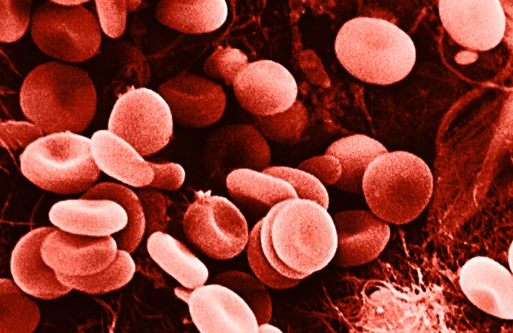
The intricate relationship between blood and health is underscored by its role as a life-sustaining fluid, rich in biochemical components that not only nourish cells but also reflect genetic predispositions. As research progresses, the implications of these genetic variations on individual health outcomes become increasingly significant, prompting a closer examination of personalized medicine and its transformative potential. However, as we explore these advancements, ethical considerations emerge that challenge our understanding of responsibility in scientific innovation. What remains to be uncovered in this complex interplay could reshape our future approaches to healthcare.
Understanding ‘Red:1rjoyd32uuy= Blood’
The term ‘Red:1rjoyd32uuy= Blood’ signifies a complex biochemical composition that plays a crucial role in various physiological processes within the human body.
Red symbolism often represents life, vitality, and passion, underscoring blood’s significance in sustaining life.
This dynamic fluid not only transports essential nutrients and oxygen but also symbolizes the interconnectedness of existence, embodying the essence of freedom and resilience.
See also: Nature:Cjuqp58spys= Backgrounds
Genetic Implications and Health Effects
Genetic variations significantly influence blood composition and function, impacting overall health and susceptibility to various diseases.
These variations can lead to genetic disorders, which may manifest as specific health conditions affecting blood clotting, oxygen transport, or immune response.
Understanding these implications is essential for personalized medicine, enabling individuals to navigate their unique genetic landscape and manage health proactively, fostering greater autonomy in health decisions.
Future Research and Scientific Impact
Advancements in blood research are poised to revolutionize our understanding of hematological disorders and enhance therapeutic strategies. Future therapies may include gene editing and personalized medicine, promising significant improvements in patient outcomes.
However, ethical considerations surrounding these technologies must be addressed to ensure responsible application. Balancing innovation with ethical responsibilities will be crucial for the sustainable advancement of blood-related research and its societal impact.
Conclusion
In summary, blood serves as the lifeblood of human existence, intricately woven into the fabric of health and genetics.
Its myriad functions not only sustain life but also illuminate the pathways to personalized medicine and innovative therapies.
As research unfurls like the petals of a blooming flower, ethical considerations must remain at the forefront, ensuring that scientific progress nurtures humanity rather than overshadowing it.
The future of health lies in the delicate balance of knowledge and responsibility.




